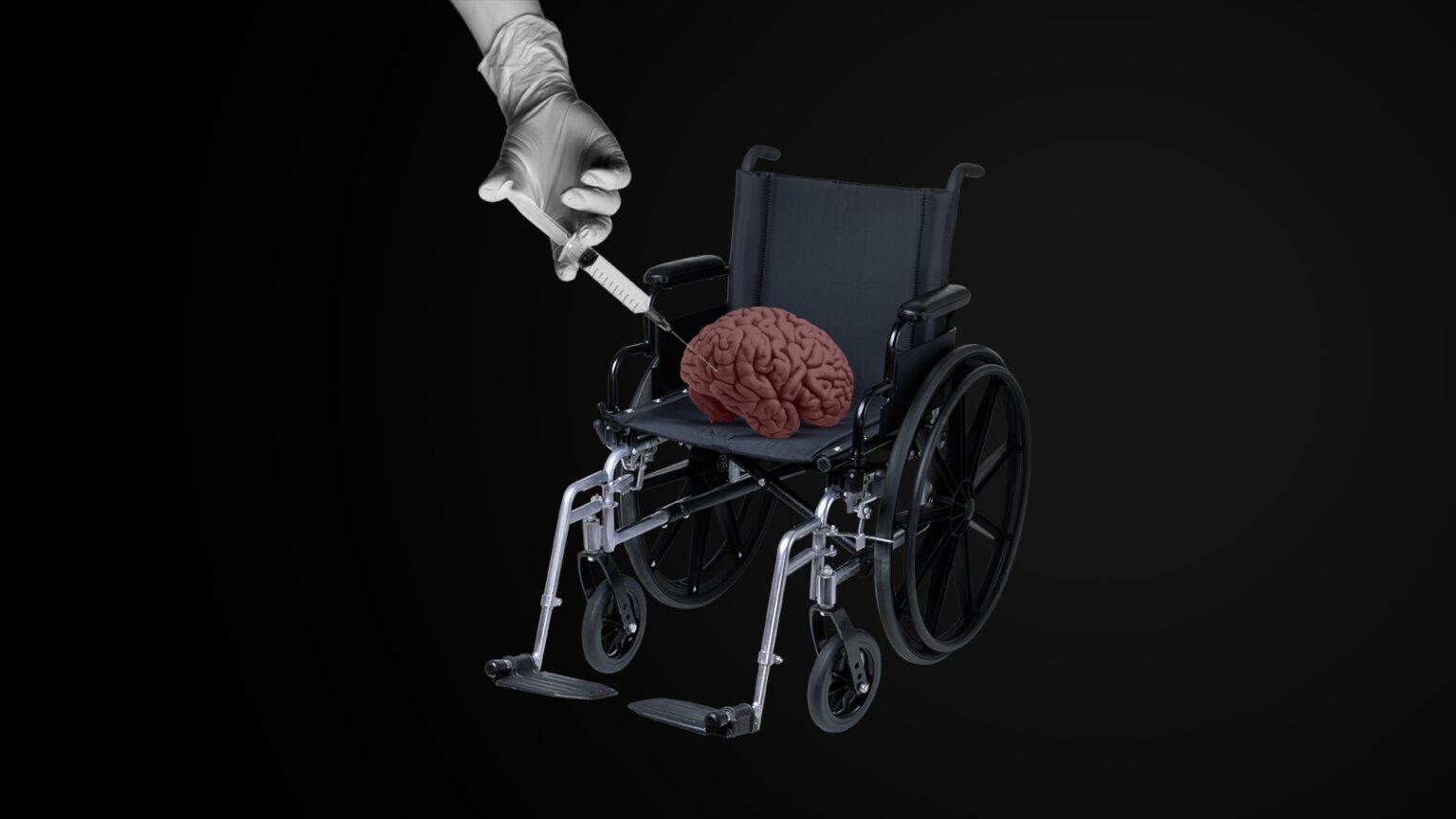Doctors are cautiously optimistic about a potential new therapy for multiple sclerosis, as injecting stem cells into patients’ brains has been deemed safe and potentially protective against further disease damage.
Although the small early-stage trial primarily assessed the safety of injecting cells directly into the brain, subsequent tests conducted a year after treatment suggest that the cells may have a lasting, positive impact. Professor Stefano Pluchino at the University of Cambridge expressed, “We don’t know yet whether this is the beginning of a fantastic journey or not, but the results are very strong and very consistent.”
Multiple sclerosis affects over 2 million people globally, with existing drugs primarily targeting the early phase, leaving many patients to progress to more severe stages.
Multiple sclerosis arises when the immune system targets the protective myelin sheaths surrounding nerve fibers, leading to damage that interferes with the transmission of electric signals throughout the nervous system.
In the inaugural human trial of this therapy, researchers administered 5 million to 24 million neural stem cells directly into the brains of 15 patients with secondary progressive MS. Rather than reconstructing damaged tissues, the stem cells are believed to mitigate the inflammation underlying the disease.
Several trial participants encountered side effects, including one individual developing a tremor and another experiencing steroid-induced psychosis, but all recovered with appropriate treatment.
Over the subsequent year, assessments of the patients indicated that none reported a deterioration of symptoms or increased disability. It’s worth noting that most participants were wheelchair users before the study, and their conditions may not have worsened regardless. Brain scans revealed that individuals who received higher stem cell doses exhibited less brain shrinkage, suggesting that the stem cells may have mitigated inflammation.
The scientists found particularly intriguing results in tests on the cerebrospinal fluid, which surrounds the brain and spinal cord. Patients who received higher doses of stem cells exhibited elevated levels of compounds known as carnitines, believed to offer protection to neurons from damage. Professor Stefano Pluchino expressed his excitement about these findings, stating, “What does it mean? I have no idea. But it is incredibly exciting.” Further details are available in the publication in Cell Stem Cell.
The researchers are now eager to conduct a larger trial to determine definitively whether the injections influence the disease’s progression. One crucial aspect they aim to eliminate is any impact from the immunosuppressive drugs administered to prevent the rejection of stem cells.
Professor Paolo Muraro, a neuroimmunology expert at Imperial College London who was not involved in the study, praised the trial for establishing a benchmark in the manufacturing and quality control of the cell-based drug. Despite this accomplishment, challenges such as scaling up the therapy and ensuring affordability for large trials to assess its effectiveness still exist. Muraro acknowledged that it is a long journey filled with hope but a worthy one.
Caitlin Astbury from the MS Society described the study as “really exciting,” building on previous charity-funded research. She highlighted that the results indicate the safety and tolerance of injecting special stem cells into the brain for individuals with secondary progressive MS, suggesting a potential for stabilizing disability progression. Astbury emphasized the need for further clinical trials to explore the treatment’s efficacy fully but regarded this as an encouraging step toward a new approach to treating some people with MS.


